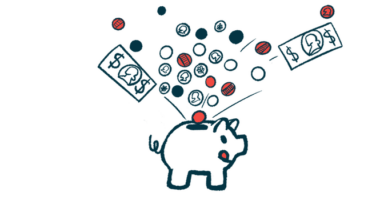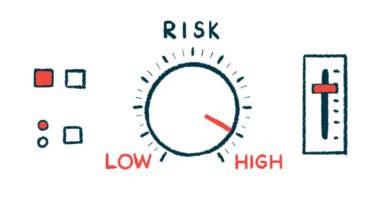VAX-DC/MM Cell Therapy Shows Promise in Relapsed or Refractory Myeloma, Lymphoma Patients

NantKwest’s Vax-DC/MM cell therapy has induced a partial or complete response in 42 percent of relapsed or refractory multiple myeloma (MM) and lymphoma patients in a Phase 1 clinical trial (NCT02248402). The findings showed no evidence of severe adverse events.
Results of this work were published under the title “A phase I clinical study of autologous dendritic cell therapy in patients with relapsed or refractory multiple myeloma” in the journal Oncotarget.
Natural killer (NK) cells, the body’s first line of defense, have the innate ability to rapidly seek and destroy abnormal cells, like cancer cells, without requiring prior exposure or activation by support molecules. They also are able to activate more specific immune cells, like B-cells and T-cells, against a particular target.
NantKwest’s cell therapy, VAX-DC/MM, uses transplants of dendritic cells (another immune cell type) to improve the action of NK cells. The dendritic cells, extracted from the blood of myeloma patients, were incubated with inactive myeloma cells, which rendered them specific to target such cells.
“In this study, we evaluated the safety and efficacy of VAX-DC/MM in patients with relapsed or refractory MM,” the researchers wrote.
The trial enrolled 12 patients who previously had been treated with both thalidomide- and bortezomib-based therapies. Participants received a median of five prior treatment regimens, and had been diagnosed for a median of 56.6 months.
All patients underwent VAX-DC/MM therapy once every four weeks. Three patients were treated with five cells, and three patients were treated with 10 million cells. After the higher dose was established as the tolerable dose, an additional six patients received the 10 million cell dose.
Results showed that VAX-DC therapy had a clinical benefit rate of 66.7 percent: One patient (11.1%) had a minor response to treatment, five (55.6%) had stable disease, and three (33.3%) saw their tumor progress. Importantly, one patient with relapsed Hodgkin lymphoma and one with myeloma had a complete response, and have remained disease-free after 10 and two years, respectively.
“Our study was designed to assess safety and preliminary evidence of efficacy in patients with relapsed, refractory hematological malignancies whose disease recurred after autologous hematopoietic cell transplantation (AHCT),” Armand Keating, MD, said in a press release. Keating is director of the Cell Therapy program at the Princess Margaret Cancer Centre and University Health Network. “In this heavily pretreated patient population that has a particularly poor prognosis, we demonstrated safety with minimal toxicity and showed preliminary evidence of efficacy, taking advantage of the unique properties of natural killer (NK) cells as an immuno-therapeutic agent,” she said.
VAX-DC therapy was well-tolerated, and the most frequent adverse events were local reactions at the injection site and infusion-related reactions.
“In this clinical study completed in 2015 of 12 patients with lymphoma and multiple myeloma who had relapsed after AHCT for refractory/relapsed disease, we report encouraging results … ” said Keating, leading her to conclude “that aNK cell therapy warrants further clinical investigation.”
“Consistent with previous studies, Dr. Keating’s clinical trial results, reporting a 42% overall response rate, provide additional clinical validation of the unique potential to deliver long-term remissions with limited toxicity using the company’s novel NK cell therapy,” said Patrick Soon-Shiong, NantKwest’s chairman and CEO.






